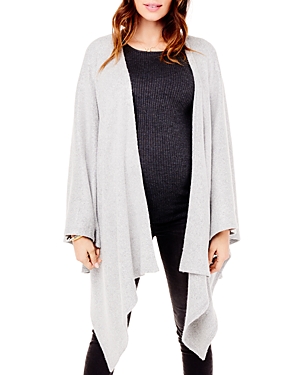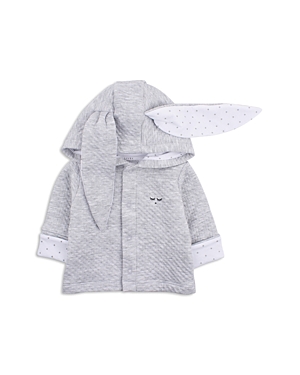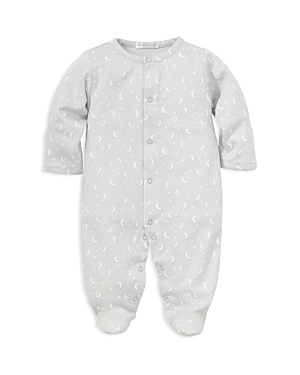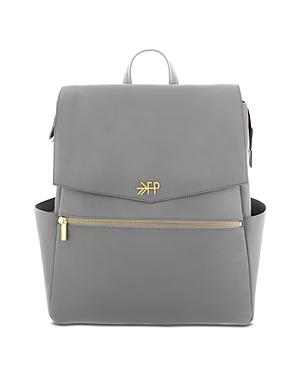Angela Engel flips right past the “why me?” question that many stumble over when the opportunity to make a difference presents itself. The mother of three is a publishing industry disruptor by day, who mobilized the creation of PPE at the start of the pandemic–while continuing to lead the San Francisco chapter of Hey Mama, support social causes, and navigate distance learning.
Her response when people ask how she raised $30,000 and distributed 10,000 face shields across the country—including Children’s Hospital Minnesota, Alameda Health Consortium and Navajo Nation clinics in Arizona and New Mexico— says everything about her willingness to spring into action.
“When this all hit and I saw my best friend literally in the ER when the Princess Cruise landed and he was working night shifts and lost it when he couldn’t get a face shield, I was like, ‘who else is going to save him?’”
“I think that same spirit is the greatest thing you learn when you’re an entrepreneur,” she says. “That fire, that spirit, that idea…what’s the worst that could happen? Someone says no, right? That’s not a big deal.”
Angela felt a similar call to action when she was “really pregnant” with her third daughter and had grown weary of publishing industry trade shows where she struggled to find a humane place to pump in concrete convention centers.
She dabbled in children’s apparel for a while, which was more kid-friendly and introduced her to the faster pace of retail.
“I would bring the baby with me and put her in the stroller and that was great, but I missed publishing,” she says. “It’s the creative piece.”

While doing business development for an independent publishing house in Petaluma, Angela “noticed the surge of self publishing” that was more akin to the speed of fashion than the traditional publishing industry.
“Why are we letting Amazon and self publishing take that market share?” she realized. “Why not pull together my colleagues from traditional publishing who are fantastic, who are graphic designers, who are typesetters, who are editors and let’s form a collective? We can do this as good as any big house and we can do it fast.”
The Collective Book Studio was born in 2019 around the idea of “partnership publishing” which retains the authors’ creative control and has gained the attention of her industry peers for its disruptive business model.
“We don’t print on demand,” she says. “We really believe the book is an art form.”
One example is how the team packaged up a series of beautifully crafted pages from parenting coach (and Mama Shaker) Sue Groner in Parenting with Sanity & Joy: 101 Simple Strategies in a way that even the most exhausted among us can digest at our own pace.
“What is the message that you want your reader to take away?”
It’s the first question that Angela asks prospective authors (and something that anyone creating content should take the time to answer).
“That will help decide why are you writing this book,” she says.
For Maika handbag designer Viola Sutanto, it’s a reminder that even in our darkest days, happiness is all around us. She’s working with Angela and iFundWomen to fund Eat Cake for Breakfast and 99 Other Small Acts of Happiness—inspired by Viola’s 9-year-old daughter’s hospital stay while she awaited a bone marrow transplant from her 3-year-old brother.
Whether our story involves putting an important message out into the world, or giving back in another way, taking action is the antidote to fear.
“I think the first step is to practice,” Angela says. “Write a sample chapter. Just write, even if it’s not good at all. It could literally be bullet points for all I care. But just get it down on paper.”

































